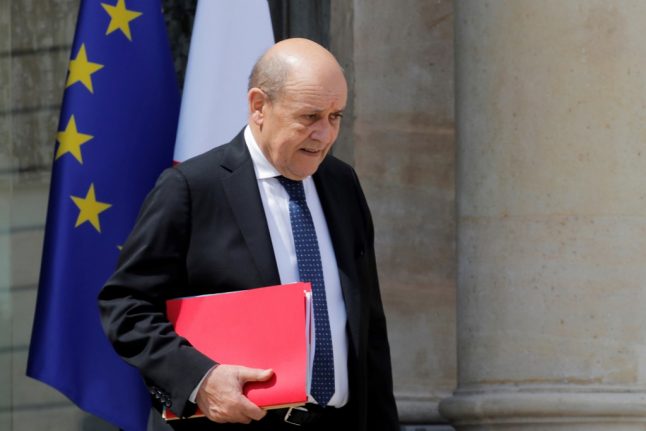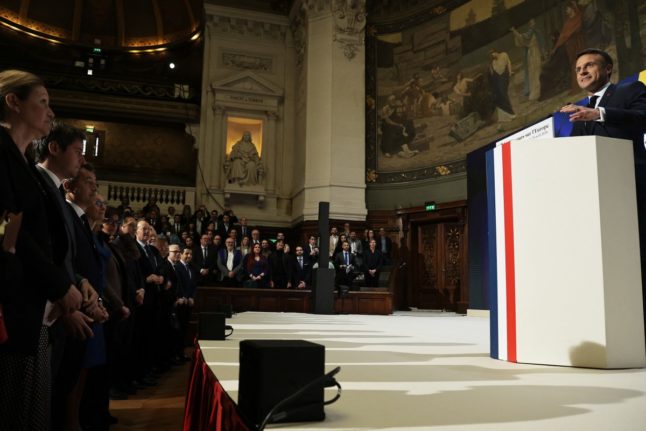“We cannot exclude the prospect of a 'no deal' but we want to avoid it,” Foreign Minister Jean-Yves Le Drian said in an interview with the French daily La Croix to be published on Wednesday.
“The British are playing against the clock but that is not always the way to reach a good agreement,” he added.
Britain, which left the EU in January, is negotiating a trade deal to govern relations after December 31st, when it stops abiding by EU rules.
Le Drian's comments came as French President Emmanuel Macron visits Britain on Thursday for a visit expected to include talks with Prime Minister Boris Johnson.
He said Britain apparently still had not understood the full meaning of Brexit even after formally leaving the European Union.
“When you are outside the Union, you do not enjoy the same advantages as when you are inside. You cannot have a foot in and a foot out”, he added.
“You have to choose and I am not sure that they have understood the full magnitude of their withdrawal,” Le Drian said.
Separately France's Europe Minister Amelie de Montchalin told Europe 1 radio that We will not give in to this kind of time pressure, this final sprint the British want to force on us in the hope that we will give in.”
France's Europe minister on #Brexit: “We will not give in to this kind of time pressure, this final sprint the British want to force on us in the hope that we will give in.” https://t.co/FCwAntia96
— Kim Willsher (@kimwillsher1) June 19, 2020
The outcome of trade talks does not affect the position of British people living in France – their rights are already guaranteed under the Withdrawal Agreement, which covers everyone legally resident in France by December 31st.
To find out more about the rules on residency, healthcare, income requirements and second home owners, head to our Preparing for Brexit section.



 Please whitelist us to continue reading.
Please whitelist us to continue reading.
Member comments